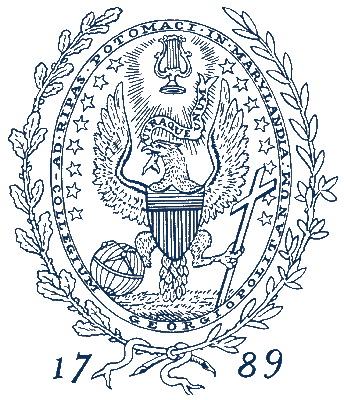Title
International Migrants Bill of Rights
Document Type
Article
Publication Date
2010
Abstract
The International Migrants Bill of Rights (hereinafter IMBR) is the result of a two-year collaboration between students at the American University in Cairo, Georgetown University Law Center, and Hebrew University in Jerusalem. The IMBR is a dynamic blueprint for the protection of the rights of migrants, drawing from all areas of international law, including treaty law, customary international law, areas of State practice and best practices. The IMBR posits a group of rights that are “universal, interdependent and interrelated,” and that populate the continuum from hard to hortatory. Yet even as the result projects a framework for migrants’ rights that is as yet on the horizon, it is also a vision that does and will intersect with the sovereign prerogatives and needs of States.
The IMBR responds to gaps in existing law. There is no single legal framework that unequivocally—and effectively—protects the rights of all migrants. Nor is there a single mechanism to coordinate global migration policy. And while protection of the rights of migrants is among the oldest areas of international law, increasingly the discourse of rights triggers concerns about the subversion of sovereignty. In the vacuum perpetrated by this status quo, migrants remain exposed to widespread human rights abuses and with nothing to invoke in their defense. The IMBR takes up this challenge and presents, in a single document, the rights of all categories of migrants. The accompanying commentaries trace the development, content and consequences of each right.
As a dynamic blueprint, the IMBR and commentaries will serve as a tool for migrants and civil society as well as a resource for legislators, policymakers and courts as they seek to respect, protect and promote the rights of migrants. In blending aspiration and binding law, the IMBR is envisioned as a set of soft-law norms. However, the IMBR has been carefully drafted to include both exhortations and obligations such that it can be incorporated into law. Following publication, the drafters envision a program of advocacy directed at States, intergovernmental bodies and civil society. This effort will be facilitated by the Georgetown University Law Center, Hebrew University and the Migration Studies Unit at the London School of Economics. In contributing to both a conversation and a movement, the drafters hope that the IMBR will help secure a global legal architecture for all migrants, on the basis of their humanity and dignity.
Recommended Citation
Georgetown University Law Center, International Migrants Bill of Rights Initiative, "International Migrants Bill of Rights" (2010). International Migrants Bill of Rights Symposium. 1.
https://scholarship.law.georgetown.edu/imbr_2010/1


Comments
Originally published in the Georgetown Immigrational Law Journal at 24 Geo. Immigr. L.J. 395-506 (2009-2010)
Contributors, Georgetown University Law Center:
Andrea Alegrett, Maher Bitar, Brian Cooper, Katherine Fennell, Jonathan Ference, Julia Follick, Justin Fraterman, Rachel Gross, Ian Kysel, Lorinda Laryea, Kate Mitchell-Tombras, Randy Nahle, Eugenia Pyntikova, Jordan Sagalowsky, Bianca Santos, David Suozzi, Rachel Westropp, Tim Work, Jacob Zenn
Contributors, American University in Cairo:
Amanuel Abraham, Marise Habib, Rosa Navarro, Michael Oskin, Mallory Sutika, Mallory Wankel
Contributors, Hebrew University of Jerusalem:
Noa Alster, Avishai Azriel, Yfat Barak, Yonatan Berman, Zemer Blondheim, Aviv Cohen, Yael Cohen, Shiran Dadon, Michal Herzberg, Osnat Longman, Yifat Naftali, Royi Neron, Maayan Niezna, May Pundak, Eyal Rubinson, Vera Shikhelman, Oren Tamir, Sharon Wasserman, Noa Zakin